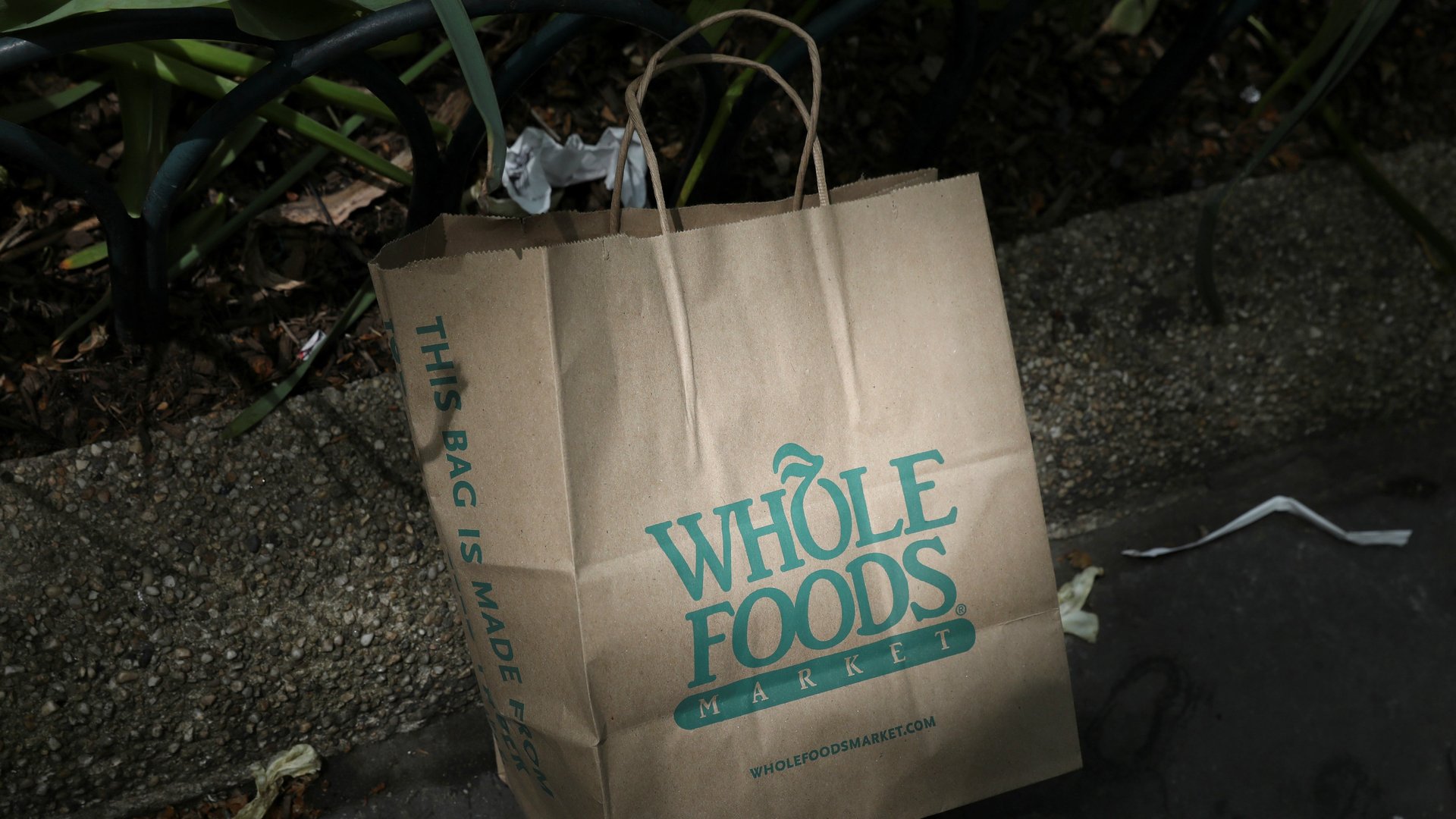After seven rotten quarters, Whole Foods is bringing in experts from Panera and Best Buy to help
After nearly two terrible years of slipping sales, the people running Whole Foods Market have decided to make some leadership changes to breathe new ideas into the company’s comeback strategy.


After nearly two terrible years of slipping sales, the people running Whole Foods Market have decided to make some leadership changes to breathe new ideas into the company’s comeback strategy.
The management change was announced this week as the organic supermarket chain reported its latest earnings, marking the seventh straight quarter of shrinking sales growth at stores open longer than a year. The company said sales decreased by 2.6% from a year ago. That’s a foot-traffic problem—literally getting people to walk through the front door to make purchases.
To fix that problem, Whole Foods is taking several steps to try and fix that problem:
- New leadership: The brand is bringing in five near board members and a new chief financial officer to carve out a vision forward. Those new members include big names in retail, including Ron Shaich, the founder of casual bakery Panera, which has performed well in the eyes of investors even as shares of rivals McDonald’s and Chipotle have lagged; customers have flocked to Panera’s delivery service, digital kiosks, and 25 million member loyalty program. Others include former Foot Locker CEO Ken Hicks and former Best Buy CFO Sharon McCollam.
- Cutting the fat: Whole Foods has hired an unnamed, “top-tier” consulting firm to standardize how all of its stores operate in hopes that will help it save money.
- Reward customers: The company is going to speed-up the roll-out of a new “Affinity” rewards program which it hopes will increase the number of times people visit the and the number of goods in their shopping carts.
Investors on Wall Street seemed moderately pleased with the changes, as shares rose by 2.5% today following the announcement. The new initiatives—set against a dramatic backdrop in which activist investor group Jana Partners has started eying the company under a microscope—have inspired confidence that the supermarket chain will find more ways to appeal to consumers and regain its footing.
Still, fixing in-house problems won’t quell the roiling storm of heightened competition in Whole Foods’ own backyard. Once a bastion for Americans looking to buy organic foods and health products, behemoth competitors such as Kroger and Meijer have caught up and are offering cheaper prices. Also foreign discount supermarket chains Aldi and Lidl are looking to disrupt the market, as well, adding more pressure for brands across the grocery business prepare for a fight over consumer pocketbooks.